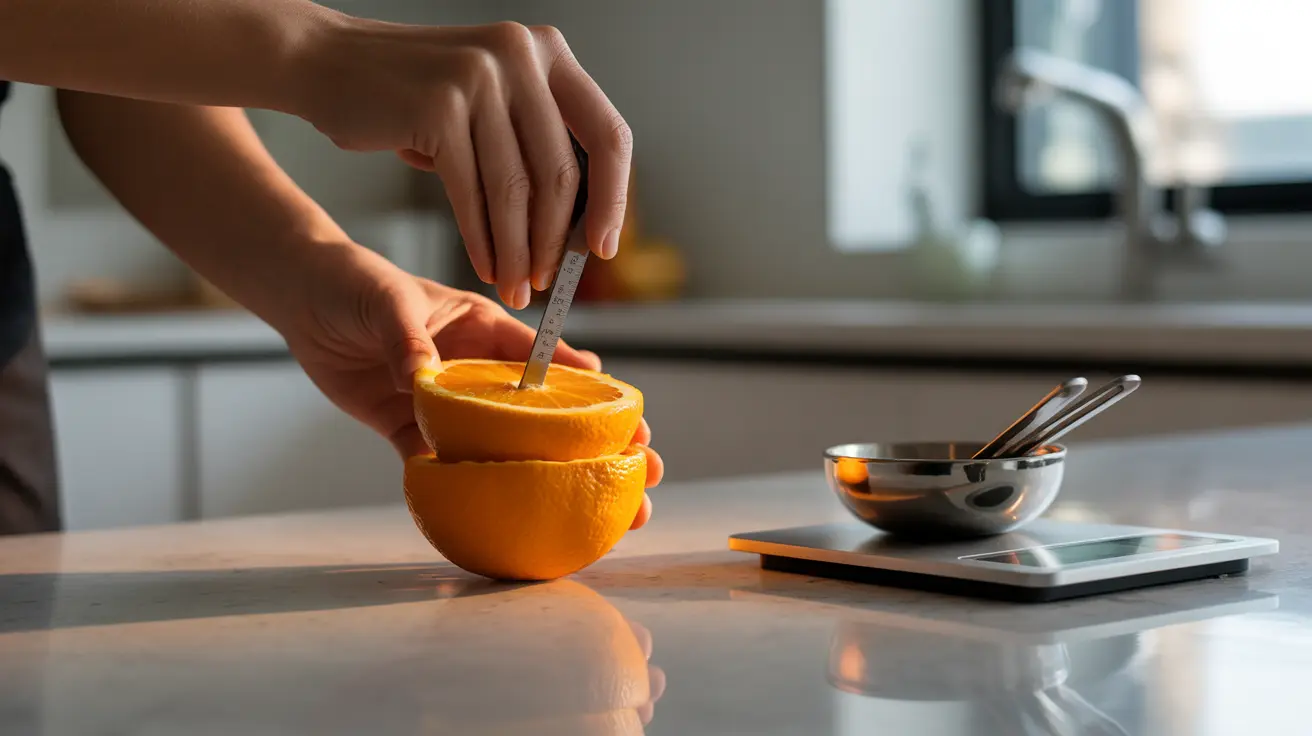If you're looking to enhance the health of your hair, skin, and nails naturally, focusing on keratin-rich foods can make a significant difference. Keratin is a vital protein that forms the structural foundation of these tissues, and while your body produces it naturally, certain foods can support and optimize its production.
Understanding which foods promote keratin synthesis and incorporating them into your diet can help you achieve stronger, healthier hair, more resilient skin, and harder nails. Let's explore the most effective dietary choices for boosting your keratin levels naturally.
Essential Protein Sources for Keratin Production
Protein-rich foods are crucial for keratin synthesis, as keratin itself is a protein. The following sources are particularly effective:
Eggs and Dairy
Eggs are among the most complete protein sources available, containing all essential amino acids needed for keratin production. They're also rich in biotin, which helps maintain healthy keratin structures. Similarly, dairy products like yogurt and cheese provide high-quality proteins that support keratin synthesis.
Fish and Seafood
Salmon, mackerel, and other fatty fish deliver not only protein but also omega-3 fatty acids that help maintain healthy skin and scalp conditions. These nutrients work together to support optimal keratin production and utilization in the body.
Vitamin-Rich Foods That Boost Keratin
Orange and Yellow Vegetables
Sweet potatoes, carrots, and butternut squash are excellent sources of beta-carotene, which your body converts to vitamin A. This vitamin is essential for keratin synthesis and helps maintain healthy skin cell production.
Citrus Fruits and Berries
Vitamin C-rich foods like oranges, strawberries, and bell peppers support collagen production and help your body utilize the proteins needed for keratin formation more effectively.
Sulfur-Containing Foods
Allium Vegetables
Onions and garlic contain high levels of sulfur, a mineral that's crucial for keratin production. These vegetables also provide antioxidants that protect existing keratin structures in your body.
Leafy Greens
Vegetables like kale, spinach, and collard greens provide both sulfur and iron, supporting healthy keratin production and maintaining strong hair, skin, and nails.
Plant-Based Protein Sources
For those following a vegetarian or vegan diet, several plant-based options can support keratin production:
- Legumes (lentils, beans, chickpeas)
- Quinoa
- Nuts and seeds
- Soy products
Frequently Asked Questions
What are the best keratin-rich foods to include in my diet for healthier hair, skin, and nails?
The best foods include eggs, fish, lean meats, sweet potatoes, citrus fruits, leafy greens, and legumes. These provide the proteins, vitamins, and minerals necessary for optimal keratin production.
How do protein, biotin, and vitamins A and C in foods support keratin production in the body?
Protein provides the amino acids necessary for keratin synthesis, biotin helps in protein metabolism, vitamin A regulates skin cell production, and vitamin C supports collagen formation, which works alongside keratin in maintaining tissue health.
Can eating foods like eggs, salmon, and sweet potatoes improve hair strength and reduce breakage?
Yes, these foods provide essential nutrients that support keratin production and strengthen hair structure. Eggs offer complete proteins and biotin, salmon provides omega-3s and protein, and sweet potatoes deliver vitamin A for healthy keratin synthesis.
What role do onions and garlic play in boosting keratin levels naturally?
Onions and garlic are rich in sulfur, a crucial mineral for keratin production. They also contain antioxidants that protect existing keratin structures and support overall hair, skin, and nail health.
How can I balance animal and plant-based keratin-rich foods to optimize my skin, hair, and nail health?
Combine animal proteins like eggs and fish with plant-based sources such as legumes, nuts, and leafy greens. Aim for a variety of colored fruits and vegetables to ensure you're getting all necessary vitamins and minerals for keratin production.




